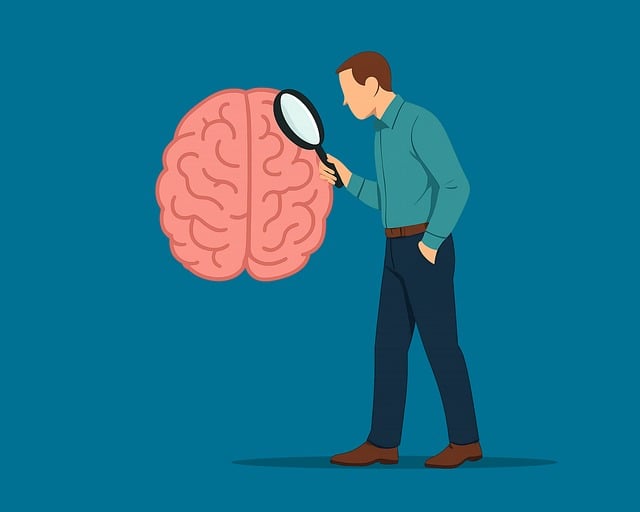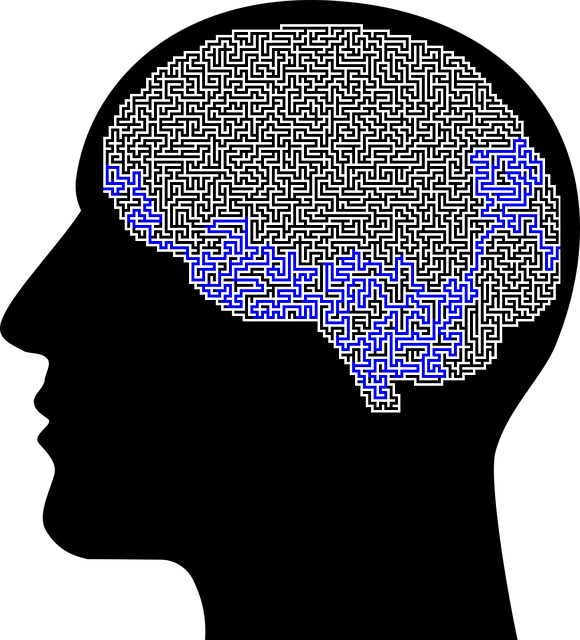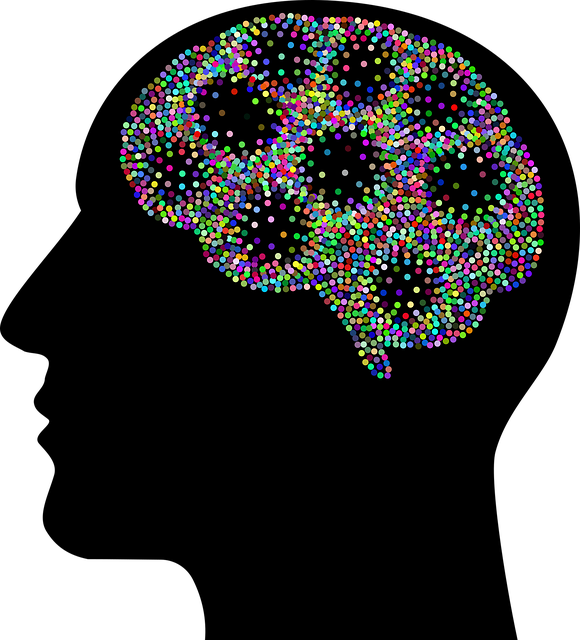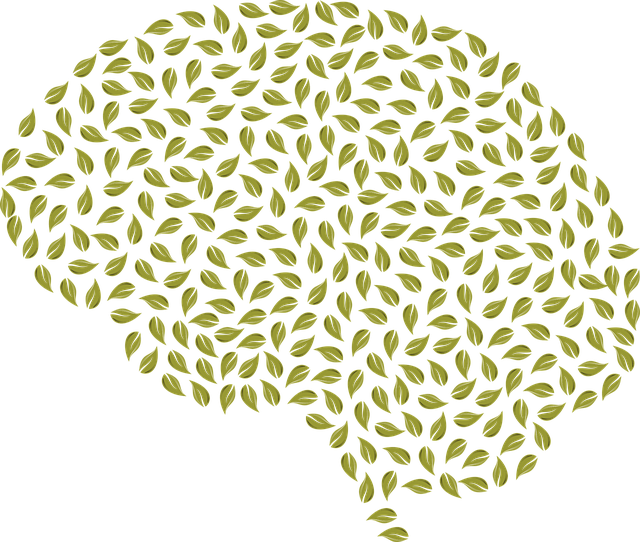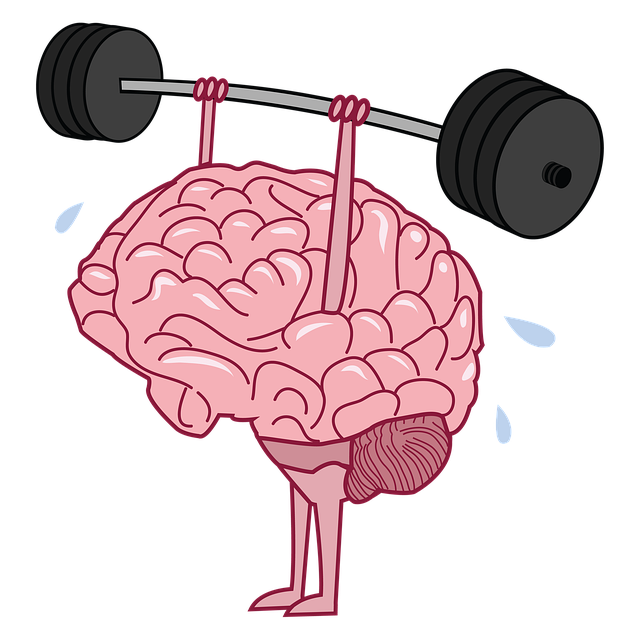Emotional intelligence (EQ), as pioneered by Lone Tree Psychosis Therapy, is a crucial aspect of mental healthcare focused on personal growth and self-understanding. Key components include self-awareness, empathy, and emotional management. Self-reflection through journaling or therapy sessions enhances EQ by improving self-feeling recognition and management. Lone Tree's approaches, such as Community Outreach Programs and mindfulness practices, foster deeper connections, prevent burnout in healthcare providers, and promote compassionate care. These strategies integrate into daily life, supporting improved mental health outcomes through holistic well-being practices.
Emotional intelligence (EQ) is a powerful tool for personal growth and successful relationships. At Lone Tree Psychosis Therapy, we believe understanding and cultivating EQ is essential for navigating life’s challenges and enhancing overall well-being. This article explores five key aspects of building emotional intelligence: self-awareness, self-reflection, empathy, emotion management, and mindfulness. By delving into these areas, you’ll gain practical strategies to improve your EQ and foster deeper connections in all aspects of your life.
- Understanding Emotional Intelligence: The Foundation of Self-Awareness
- Unlocking the Power of Self-Reflection: A Tool for Growth
- Empathy and Connection: Building Bridges to Deepen Relationships
- Managing Emotions: Strategies for Regulating and Responding Effectively
- Practicing Mindfulness: Staying Present and Enhancing EQ in Daily Life
Understanding Emotional Intelligence: The Foundation of Self-Awareness

Emotional intelligence (EQ) is a powerful tool for personal growth and understanding oneself, which forms the bedrock of Lone Tree Psychosis Therapy’s approach to mental health care. Self-awareness, one of the core aspects of EQ, enables individuals to recognize and interpret their emotions accurately. This foundational step allows people to acknowledge their feelings, triggers, and behaviors, fostering a deeper connection with their inner selves. By cultivating self-awareness, individuals can begin to understand why they react to certain situations in specific ways, leading to more thoughtful responses rather than impulsive actions.
Developing self-awareness is the first step towards enhancing emotional intelligence. It empowers people to take charge of their mental health by recognizing when they need support and seeking appropriate resources. This process, encouraged through initiatives like Community Outreach Program Implementation and Public Awareness Campaigns Development, can significantly impact an individual’s ability to navigate life’s challenges effectively. Additionally, integrating Self-Care Routine Development for Better Mental Health into one’s lifestyle is a practical way to maintain and improve EQ over time.
Unlocking the Power of Self-Reflection: A Tool for Growth

Self-reflection is a potent tool for personal growth and emotional intelligence development. It involves taking time to introspect, understand your thoughts and emotions, and gain valuable insights into your behaviors and reactions. This process can be facilitated through various self-awareness exercises, such as journaling, mindfulness practices, or therapy sessions with Lone Tree Psychosis Therapy experts. By regularly engaging in these activities, individuals can enhance their emotional intelligence by recognizing and managing their own feelings more effectively.
Promoting self-reflection is especially crucial for healthcare providers to prevent burnout. Incorporating mental health education programs design focused on self-awareness can help professionals maintain a healthy work-life balance. These strategies encourage them to pause, reflect, and reconnect with their emotional needs, fostering resilience and preventing the negative impact of stress and pressure often associated with their careers.
Empathy and Connection: Building Bridges to Deepen Relationships

Empathy is a cornerstone of emotional intelligence, enabling individuals to understand and share the feelings of others. In the context of Lone Tree Psychosis Therapy, this skill is vital for fostering meaningful connections and building strong therapeutic relationships. By practicing active listening and putting themselves in their clients’ shoes, therapists can create a safe space where individuals feel heard, understood, and valued. This empathetic approach encourages clients to open up about their experiences and emotions, which is crucial for effective therapy.
Developing empathy goes beyond mere understanding; it involves cultivating compassion and responding to others’ emotional needs. Therapists can enhance their ability to connect with clients through self-awareness exercises, reflecting on their own emotions and biases while actively engaging with their patients’ stories. This introspective practice not only improves the therapist-client relationship but also serves as a powerful tool for depression prevention and risk management planning, ensuring mental health professionals provide care that is both effective and empathetic.
Managing Emotions: Strategies for Regulating and Responding Effectively

Managing emotions is a core component of emotional intelligence, and learning effective strategies can greatly enhance mental well-being. Individuals with strong emotional intelligence are better equipped to recognize, understand, and regulate their own feelings as well as respond empathetically to others’ emotions (Lone Tree Psychosis Therapy). Techniques like mindfulness meditation and deep breathing exercises empower individuals to pause and assess their emotional responses before reacting impulsively. Additionally, practicing self-compassion fosters a supportive inner dialogue, reducing the impact of negative emotions.
Beyond individual strategies, cultural sensitivity in mental healthcare practice plays a crucial role in effective emotion management. Recognizing and understanding the unique cultural contexts and beliefs that shape individuals’ experiences with emotions can prevent miscommunication and improve therapeutic outcomes (Community Outreach Program Implementation). Incorporating culturally responsive practices allows therapists to tailor their approaches, ensuring that clients feel heard, understood, and supported throughout their emotional intelligence-building journey.
Practicing Mindfulness: Staying Present and Enhancing EQ in Daily Life

Practicing mindfulness is a powerful tool to enhance emotional intelligence (EQ) in daily life. It involves staying present and fully engaged with the current moment, allowing individuals to observe their thoughts and emotions without judgment. This simple yet profound practice can be woven into everyday routines by focusing on sensory experiences – noticing the warmth of sunlight on your skin, the taste of your morning coffee, or the sounds around you. By cultivating mindfulness, one can develop a deeper understanding of their feelings, leading to better self-awareness, a key component of EQ.
Incorporating mindfulness into daily life also facilitates improved emotional regulation and enhanced relationships, which are crucial aspects of Lone Tree Psychosis Therapy. It enables individuals to manage stress, understand triggers, and respond mindfully to challenging situations. Moreover, mindfulness can be integrated into Self-Care Routine Development for Better Mental Health, alongside other practices like regular exercise and Sleep Hygiene Techniques. This holistic approach supports overall well-being and strengthens the bond between mental health and cultural competency, as promoted by Healthcare Provider Cultural Competency Training. Effective mood management is another benefit of mindfulness, as it helps individuals disengage from negative thought patterns and cultivate a more positive outlook.
Emotional intelligence is a powerful tool for personal growth and enhanced relationships, as demonstrated by Lone Tree Psychosis Therapy. By understanding self-awareness, leveraging self-reflection, cultivating empathy, managing emotions effectively, and practicing mindfulness, individuals can significantly improve their emotional intelligence. These strategies not only lead to deeper connections but also enable better decision-making and overall well-being. Incorporating these practices into daily life can transform relationships and contribute to a more fulfilling existence.
